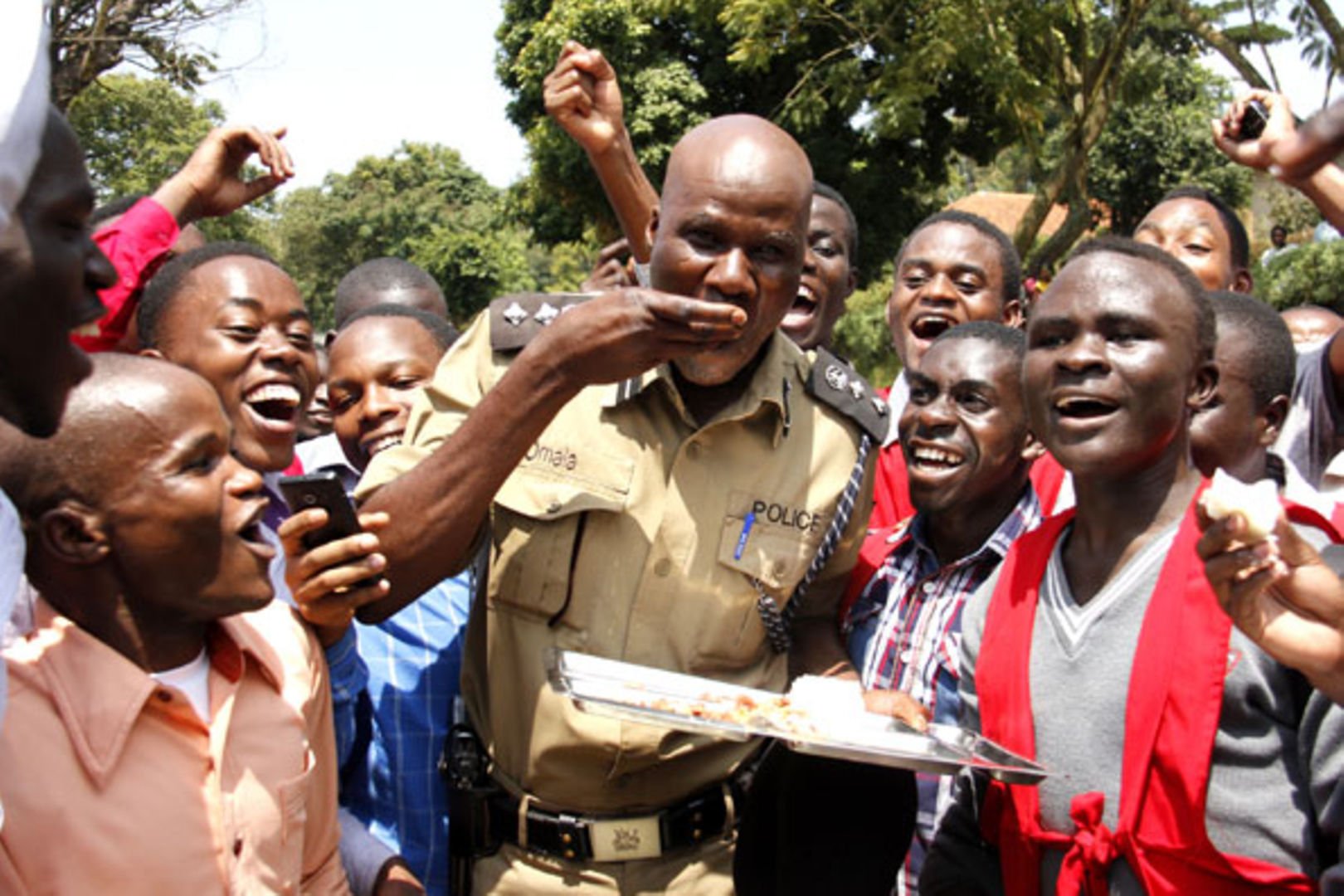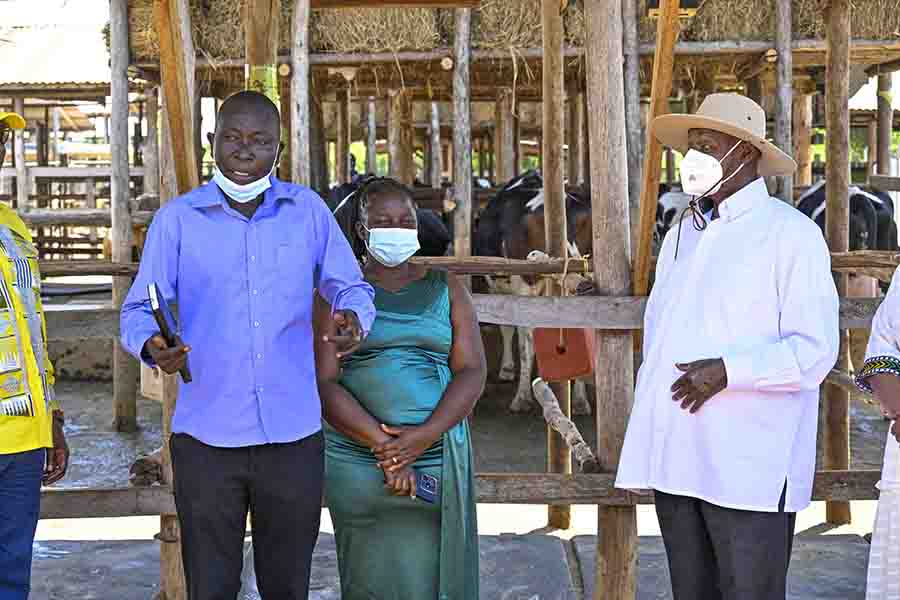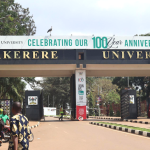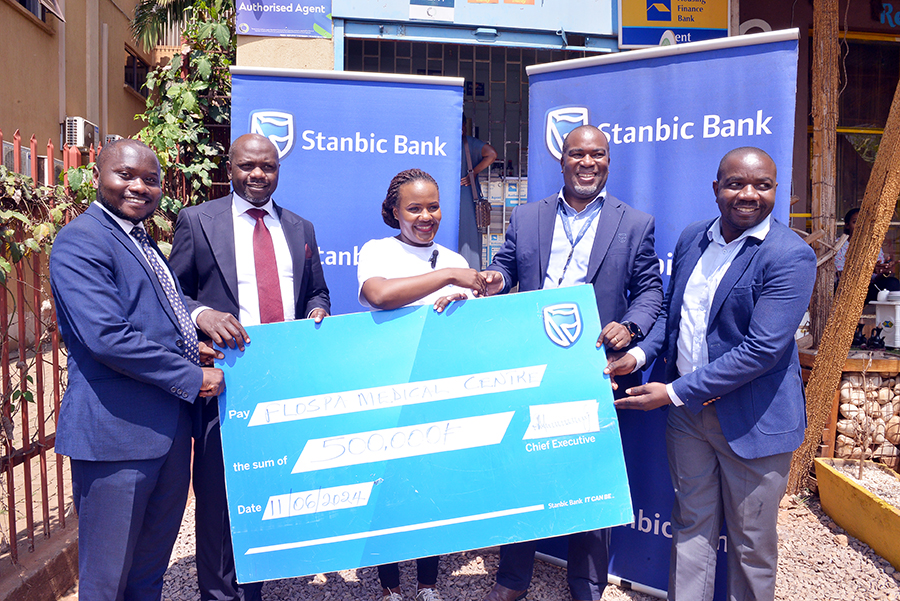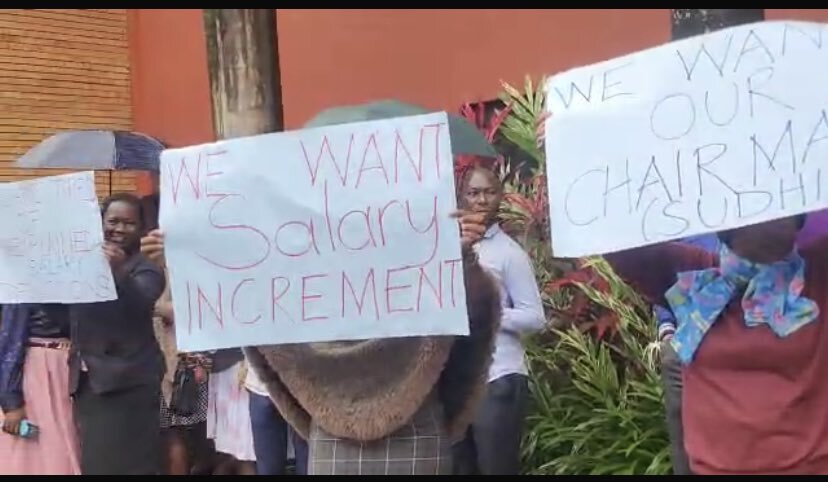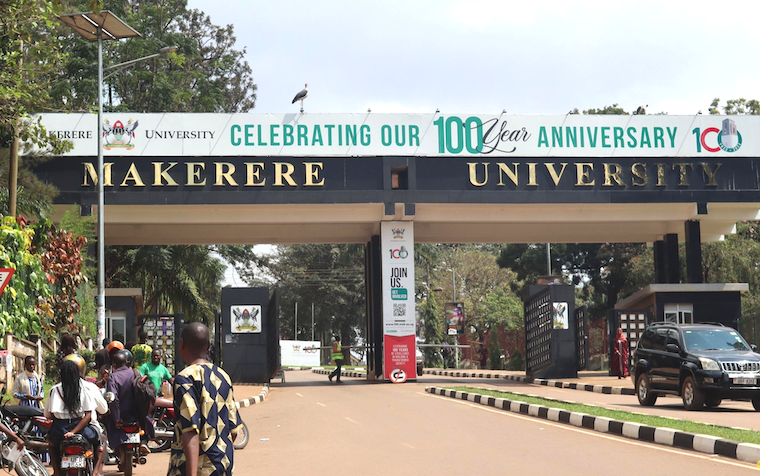Joseph Ijara was a humble taxi driver in Soroti. Then one day, his boss fired him. For a time he felt angry and underappreciated.
Then he attended Intrenational Youth Day celebrations in Soroti where President Museveni preached about the four-acre model.
Museveni’s speech struck the right chord and Ijara embraced farming.
“I owned 2.5 acres of inherited land and had a few local chickens. Inspired by the President’s words, I decided to take a risk. I bought a small incubator and began expanding my local chicken farm. Before long, I had 1,500 chickens,” he said last week.
Despite this progress, he soon faced another challenge; the income from local chickens was not enough.
“I transitioned to layer chickens, and the earnings from selling eggs allowed me to invest in dairy farming. I started with four cows, and through artificial insemination and veterinary support, my herd grew rapidly,”he added.
The rest, like they say, is history. Today he is the proud proprietor of Teifa Farm in Kakusi cell, Serere district.
When Museveni toured the sub-region last week to assess the impact of the Parish Development Model (PDM), Ijara shared his inspiring journey of resilience and success, proving that with the right mindset and determination, transformative change is possible.
Today, Teifa Farm spans 35 acres and has diversified into multiple sectors.
“Our dairy cows produce 319 litres of milk per day, with nearly 200 litres used for yoghurt production. We also make ghee. I want to assure every Ugandan that the president’s four-acre model works. You need to listen, apply the advice, and be determined,” he advised.
Ijara’s experience highlights that wealth does not require vast land.
“Start from where you are, don’t wait for someone else to step in. The president’s message changed my mindset, and that made all the difference. Today, I earn an annual net income of Shs 500 million to Shs 600 million from my projects. Losing my job as a taxi driver felt unfair then, but now I am grateful because it pushed me to this path,” he said.
He said that Teifa Farm’s growth has also positively impacted the community. It employs 38 people and has trained farmers in value addition, cattle management, and soap-making.
” I’m proud to say I’ve become a disciple of the president’s message of self-sufficiency, and I’m spreading it,” Ijara said.
In Teso, Museveni shared insights on the impact of NRM’s economic strategies, drawing parallels between leadership and the practice of medicine.
“Leadership is like medicine. A medical doctor examines a patient and makes a diagnosis. If it is correct, the prescribed treatment will heal the patient. This is what the NRM has been doing since our student days,” he said.
Museveni insisted that success is achievable through sound analysis and strategic action.
He expressed concern about the shortcomings of Uganda’s early independence leaders, pointing out that God expects leaders to use their opportunities to benefit the people.
Drawing inspiration from the parable of the sower, the president spoke about how the NRM’s ideas took root in different ways.
“Some seeds fell on barren ground, but others, like those in Serere, fell on fertile soil. Ijara started with only 2.5 acres and is now earning millions,”he said.
Speaker Anitah Among who accompanied the president expressed her deep gratitude for the government’s transformative development initiatives, particularly the Parish Development Model (PDM), which she believes will significantly uplift the lives of people in Teso region.
“The President’s emphasis on leveraging resources to fight poverty is starting to bear fruit, and we are seeing the positive impacts of these efforts here in Teso. The parliament has allocated a budget for PDM, and it’s a step in the right direction,” she said.
She also credited the peace and stability in the region as essential factors that have enabled residents to prosper.
Teso Sub-region comprises 10 districts: Soroti, Kumi, Bukedea, Ngora, Serere, Kaberamaido, Amuria, Kapelebyong, Katakwi and Kalaki.
I
